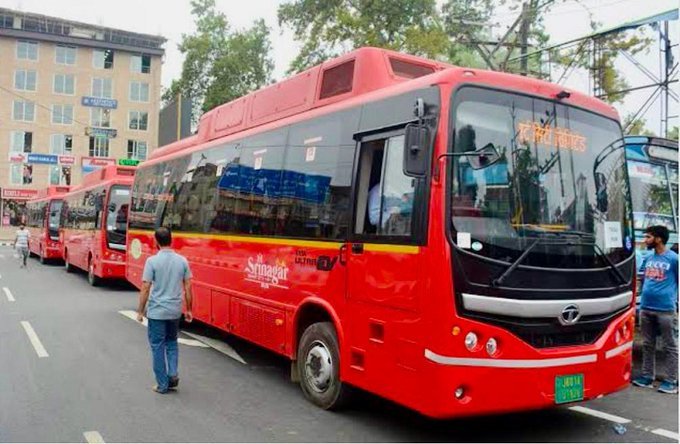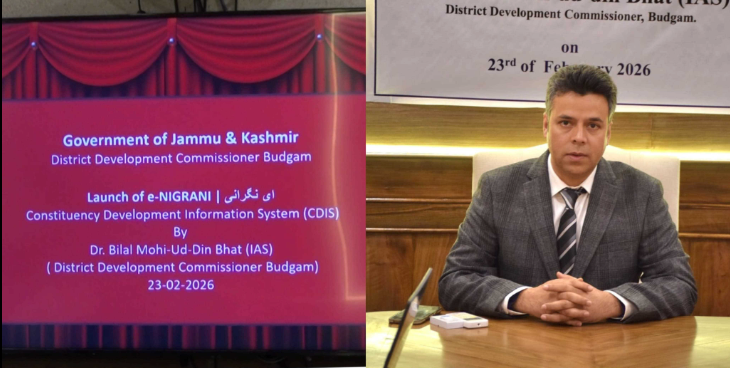The upcoming parliamentary elections in Jammu & Kashmir mark a significant moment in the region’s political landscape. With the first election since 2019, there is a palpable sense of anticipation and urgency among the populace, who yearn for a fresh voice and perspective to represent their interests and aspirations. The prolonged tenure of MPs from the same party over the last decade has underscored the need for renewed representation and accountability. The abrogation of Article 370, which granted special autonomous status to Jammu and Kashmir, continues to evoke passionate responses and divisions within the region. The call for a new leadership, untethered to the legacy of the past, resonates strongly among voters who seek genuine representation and tangible progress. Moreover, the inclusion of Jammu and Kashmir in these elections adds significance. The region needs a nuanced approach to governance and representation. Candidates must navigate intricate socio-political dynamics and address the diverse needs and concerns of the populace, transcending traditional party affiliations. In the lead-up to the elections, candidates are not only expected to articulate their stance on key issues but also present a comprehensive vision for the region’s future. Emphasizing substantive achievements and concrete plans for development and governance will be crucial in garnering support and fostering trust among voters. The forthcoming parliamentary elections in Kashmir represent a pivotal moment in the region’s democratic journey. As voters prepare to cast their ballots, they do so with a sense of urgency and determination, seeking to shape a future that reflects their aspirations and values. The outcome of these elections will not only determine the composition of the region’s representation but also signal a broader shift in political dynamics, with far-reaching implications for the growth and progress of Kashmir .









